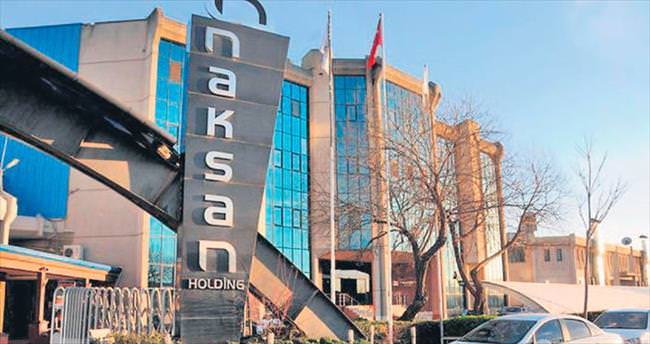Naksan Holding used to be one of Turkey’s largest corporations, operating in the fields of energy, plastics, textiles and carpets. The company’s assets were confiscated by the government due to the Naksan family’s alleged ties to US-based Muslim cleric Fethullah Gülen.
Turkish President Recep Tayyip Erdoğan accuses Gülen and his group of followers, namely the Gülen movement, of masterminding a failed military coup in July 2016 and labels him a terrorist ringleader. The movement strongly denies any involvement in the abortive putsch.
Over the past five years Erdoğan’s government has been going after everyone with real or perceived links to the movement. Thus far, over half a million people have been investigated, 190,000 of whom were arrested. In addition to detentions, businesspeople close to the movement saw their assets seized. One of the most prominent examples of this has been Akın İpek, who has lost assets worth some $10 billion. Dumankaya Holding and Naksan Holding are two large conglomerates that suffered the confiscation of assets worth billions of dollars.
Naksan Holding’s appeal against the seizure has not been concluded for more than four years. However, despite the unfinalized judicial process, their companies have been put up for sale. The decision is arguably related to Turkey’s recent economic difficulties. Erdoğan last week signed a deal providing for the sale of 10 percent of the İstanbul Stock Exchange (Borsa İstanbul) to Qatar for $200 million.
Some 800 companies have been confiscated for alleged ties to the Gülen movement. Naksan Holding’s plastics factory in Gaziantep, owned by Naksan Plastic, has been put on the block for TL 1.1 billion ($140 million). The tender is scheduled to be held on Dec. 18.
Naksan Plastic made TL 200 million ($26 million) in profits last year, one-fifth of its sale price, which implies that the factory has been underpriced.
Naksan Holding’s Royal and Atlas carpet factories have also been put on the market.
The company’s partners have objected to the sale on the grounds that the seizure has not yet been finalized in court. However, the state authority in charge of the sale, the Savings Deposit Insurance Fund (TMSF), has not taken any action to halt or annul the decision.
The partners warned in their petition that the sale would be unlawful and that it would lead to irreparable damage. Since 2016 the seized corporations have been run by trustees who have not kept the partners informed. As a result the reason for the sale of a company that has been making a profit remains unknown.
There has not been a finalized decision to confiscate the company, nor has a criminal sentence been handed down to the partners. Some of them have not even made their defense statements in court.
Assets worth $32 billion seized
The overall value of frozen bank accounts and seized real estate and assets sold by the TMSF are estimated to be at least $32 billion, a significant violation of the right to own property in the country, according to a report by the London Advocacy Group, which focuses on human rights.
Bill Browder, a prominent human rights defender best known for his legal battle against asset seizures in Russia, said: “This report shows that Erdoğan is doing the same thing as [Russian President Vladimir] Putin. In addition to imprisoning anyone who does not agree with him, he also attacks their properties through confiscations. This report details the unlawful seizure of assets worth $32.2 billion in Turkey.”
One of the authors of the report, lawyer Ali Yıldız, pointed out that while Turkey’s post-coup state of emergency mostly paved the way for confiscations against Gülen-affiliated people, Kurds and leftist activists have also suffered from the practice in the form of seizure of media outlets and associations.
As regards the possibility of legal action under international law, Yıldız said the Turkish Constitution stipulates that state of emergency measures cannot have an impact that exceeds the duration of the state of emergency and that the right to own property is also guaranteed under international law.
“In international law, there are provisions called jus cogens, which are a set of universal, superior and overriding legal principles. For instance, the prohibition of torture is one of them. Paying a price for a confiscation is also a jus cogens principle, which makes unilateral administrative seizures unlawful. State of emergency measures to indefinitely confiscate assets without a cost is a violation of Article 15 of the [European] Convention [on Human Rights],” Yıldız said.



